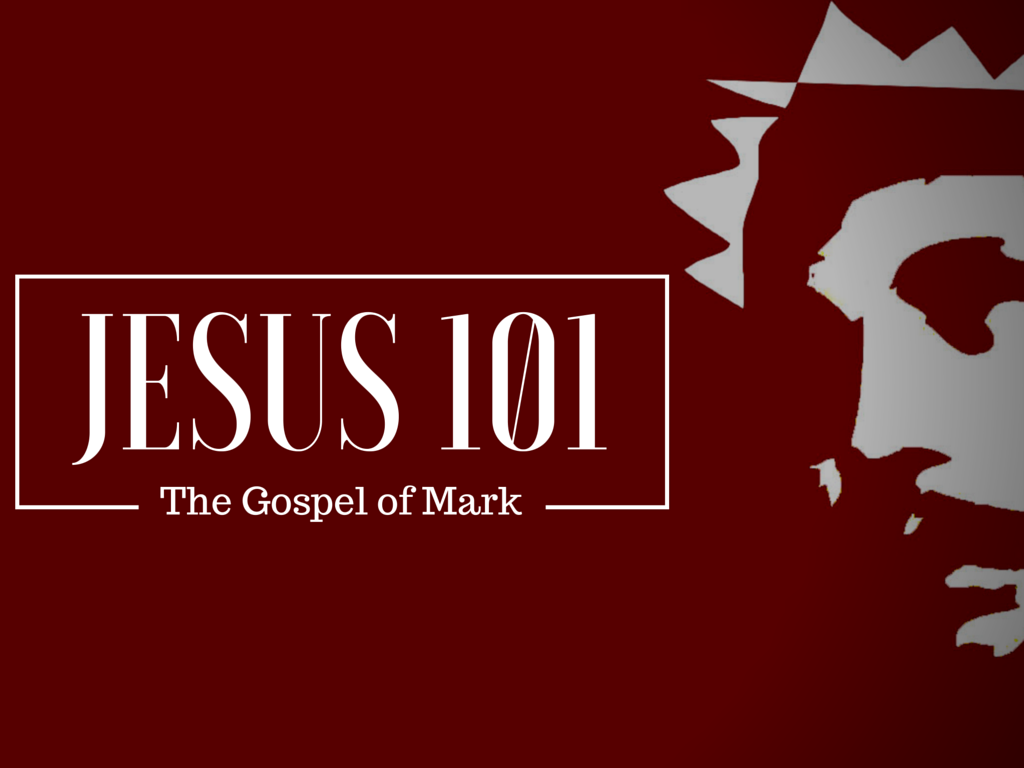NOTE: If you missed this week’s message, click here to listen or watch.
Talk about your experience on Sunday morning.
- How did God speak to you during worship and/or teaching this week?
- What have you been reflecting on and/or praying about in response to this week’s service?
Opener:
- Prior to Sunday’s message, how would you have described the difference between “The Gospel” and “Religion”? Do you think it’s important to distinguish between the two? Why or why not?
Read Mark 2:18-28 together.
- What struck you, confused you, or challenged you as you read this passage? Why?
- In this passage, Jesus responded to his critics not by getting defensive or by justifying his behavior, but by asking questions and telling stories that got to the heart of the issue. What does this reveal to us about the character of Christ? Practically speaking, What would it look like for you to be more like Jesus in this way?
- When Jesus was confronted about fasting, he responded by sharing three different analogies. Talk through each analogy. What do you think Jesus was trying to say through each one?
- What do these analogies reveal to us about the difference between “religion” (the message/beliefs of the Pharisees) and “the gospel” (the message/beliefs of Jesus)?
- If religion is all about rule-keeping and earning God’s approval through our performance, then what is the Gospel? What about the Gospel makes it incompatible with religion?
- When Jesus and his disciples were confronted about breaking the Sabbath law, Jesus told the story of King David and his companions eating the sacred loaves (from 1 Samuel 21). What do you think was Jesus’ point in telling this story?
- What did Jesus mean when he said (in V27) that “The Sabbath was made to meet the needs of people, and not people to meet the requirements of the Sabbath“?
- What does this mean about the role of Sabbath (i.e. spiritual rest) in our lives?
- What does it mean for other ‘rules’ in the Bible? What is the point of ‘rules’ in the Bible?
- What did Jesus mean when he said (in V27) that “The Sabbath was made to meet the needs of people, and not people to meet the requirements of the Sabbath“?
- Jesus seemed to believe that “People are more important than the rules” while the Pharisees believed that they were made right with God by following all the rules (and tried to force others to believe as they believed).
- What happens in our hearts when we share Jesus’ view of “rules”?
- What happens in our hearts when we share the Pharisees view of the “rules”?
- Jeff said that when we believe that “People are more important than the rules” that we end up saying “Yes” to things that may make us uncomfortable. He gave the example of attending a gay couple’s wedding, in order to demonstrate the love of Christ (as opposed to the judgement of religion).
- Can you think of other examples or situations in life where this principal of “people being more important than the rules” can cause us to say “Yes” to things we may be uncomfortable with? What does this look like in everyday life?
- When is it appropriate to voice discomfort or to share our disagreement with people who we feel are “breaking the rules”?
- Jesus broke the rules, so to speak, when he became flesh and took our sin upon himself. He said “Yes” to something that he was clearly uncomfortable with. But he did it because “people are more important than the rules.”
- How does knowing this truth make us less judgmental and more accepting of people who we feel are “breaking the rules”?
Spend some time in prayer, asking God to reveal to us the ways we have settled for “religion” instead of the Gospel.



